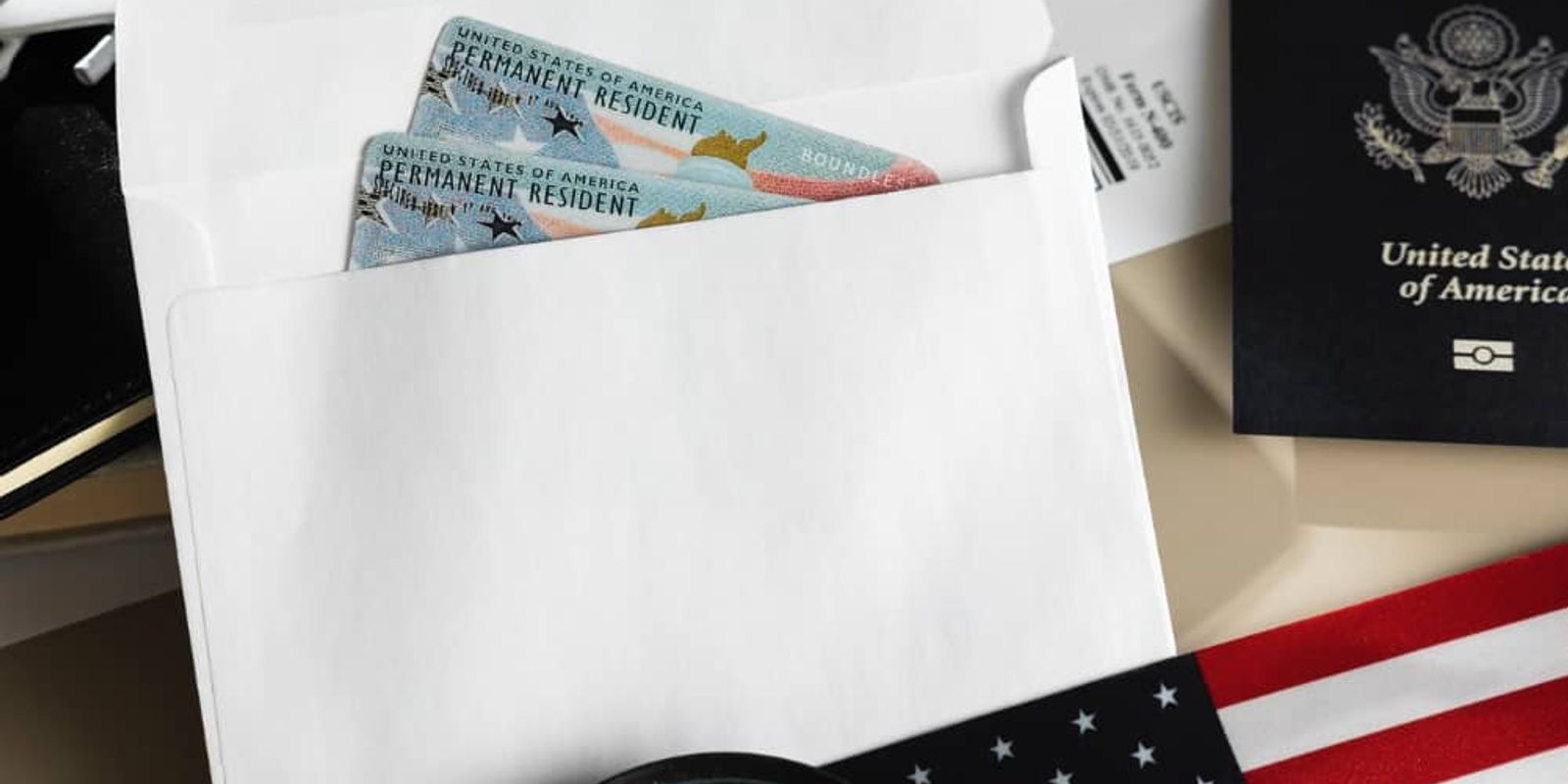In immigration law there is no shortage of misinformation, confusion, and loaded terms. Moreover, a misunderstanding of certain aspects of the law can have devastating consequences for foreign nationals and their families. One particular area of the law that is worth clarifying, particularly because of the devastating consequences it can have, are the areas of unlawful status, periods of authorized stay, and unlawful presence. A misunderstanding of these concepts can trigger a three or ten year bar from the United States.
Unlawful Status v. Unlawful Presence
A foreign national is deemed to be in lawful status when that person is complying with the terms of their nonimmigrant status. A simple example is when an individual has been granted H-1B status to work with Employer X and the individual fully complies with the terms of that H-1B by working for that employer under the terms of the H-1B petition. Another example would be an F-1 student who attends school in full compliance with their F-1.
Thus, unlawful status relates to whether the person has violated the terms of their status. For example, a foreign national on an H-1B who stops working for Employer X after a few months would be in unlawful status. An F-1 student who engages in unauthorized employment would also be considered to be in unlawful status.
However, most importantly, unlawful status is NOT unlawful presence, which can have much dire consequences. In general, unlawful presence relates to a foreign national staying beyond the time period granted to him by DHS upon entry (usually provided on the I-94). A person is considered to be unlawfully present if he or she is present in the U.S. after the expiration of the period of status authorized by DHS.
Understanding unlawful presence is crucial because this period of time determines the consequences that can follow. Specifically, a foreign national is subject to a three-year bar from the United States if the foreign national was unlawfully present in the U.S. for more than 180 days, but less than a year. A foreign national is subject to a ten-year bar if he/she was unlawfully present in the U.S. for more than one year. Notice that these bars are NOT triggered by unlawful status.
Also it is important to note that unlawful presence is not counted in the aggregate, meaning that departure before the 180 days breaks the unlawful presence, and re-entry starts the period again. In short, the unlawful presence that triggers a bar must accrue during a single stay. Also, unlawful presence that accrued before April 1, 1997 is not considered.
Periods of Authorized Stay
It is important for foreign nationals to understand the concept of period of authorized stay. A period of authorized stay is NOT considered unlawful presence. Simply put, a period of authorized stay is a conditional basis to remain in the U.S.; however, it does not confer lawful status on a foreign national. More importantly, however, a period of authorized stay does not accrue unlawful presence.
The most common periods of authorized stay occur when a foreign national underlines (before their current status expires) an extension of status, or a change of status, application and the individual’s I-94 expires while the application is pending. During the pending period, subsequent to the expiration of the I-94, the foreign national is in a period of authorized stay. It is important to note that this rule does not apply to an individual who did not file their extension or change of status application timely. Filing a late petition does not give a foreign national authorized stay. If an application is filed late, DHS will approve the application for consular processing, requiring the foreign national to leave the country and re-enter with a visa (hopefully having not accrued unlawful presence that triggers a bar).
When an extension or change of status is timely filed and approved, DHS considers the applicant in status for the entire period. In the event that a timely extension of status application or change of status application is denied, the foreign national is deemed to be out of status (and accruing unlawful presence) on the date of the denial.
—
As you will note, issues relating to unlawful status and unlawful presence can be extremely complicated. A miscalculation can have drastic consequences on a foreign national and his/her family. Therefore, it is important to consult with an experienced immigration attorney.


